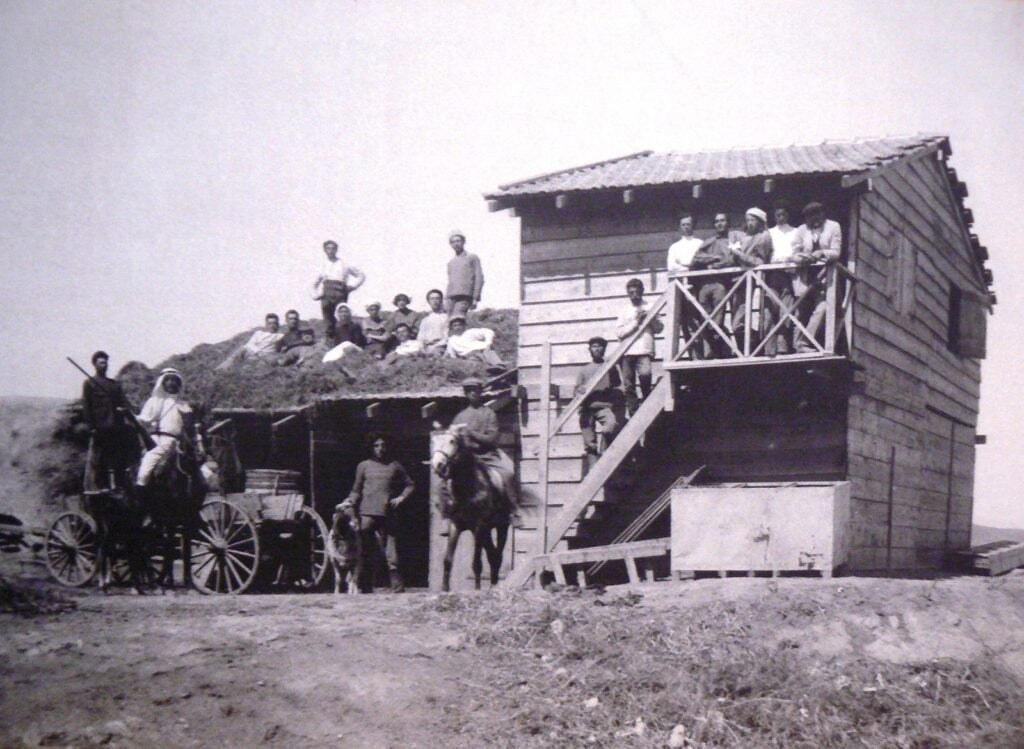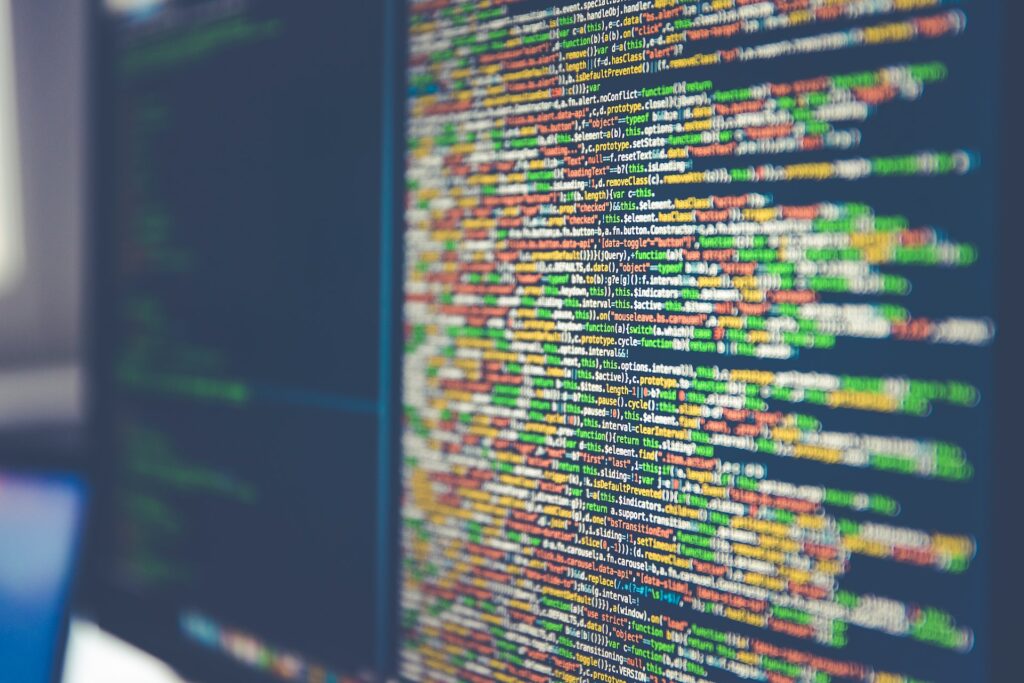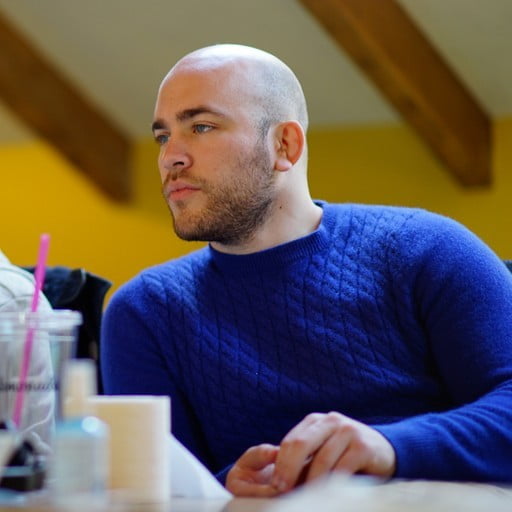Go back a generation or two and people had a job for life. Many were employed by the same company from the day they started work until they received a gold watch on their retirement.
Technology, globalization, work-life balances and the internet have changed all that. Millennials and Gen Zs (anyone born in the 80s or later) fully expect to switch jobs frequently, to work more than one job at a time, to have a side hustle, and to freelance, all without boundaries in time or space.

But if you thought the world of work couldn’t change much more beyond where we are today, prepare yourself for the DAO, and a world where job interviews and resumes are a thing of the past.
A DAO is a decentralized autonomous organization. It takes a moment or two to get your head around the idea.
Think of a kibbutz, the collective farms where Israel’s early pioneers worked together, pooled their resources and shared the rewards.

Now fast forward to the 2020s and factor in all the benefits that advances in technology that could bring to a digital version of that kibbutz.
We’re talking about a virtual workplace designed not for agriculture, but for content writers, event organizers, marketers, investors, software designers and a whole range of IT professionals.
It’s built on blockchain, the technology that powers cryptocurrencies. At its heart is the “immutable ledger”, which means every last bit of information is recorded on thousands of computers and can’t be falsified.

All the work you ever do, on any DAO, is there for all to see, like a living CV.
Moshe Lieberman founded the Share platform as a “marketplace” to help people find their way around this brave and sometimes baffling new world of DAOs.
For those seeking freelance work it changes the landscape entirely and opens up a world of new opportunities, but navigating the maze can be daunting.
“DAOs are a completely new way of thinking about recruitment,” says Lieberman. “And it’s clearly going to be the future. Today we work for a company. And typically, we have no way of actually showing the work that we’ve ever produced.
Sign up for our free weekly newsletter
Subscribe
“All the work that you do for a DAO is actually public. So if you worked on a specific feature, if you designed a specific thing, if you build an actual product, you can actually go ahead and show people, ‘hey, this is what I’ve done’.
“Instead of just having a CV where it says, I worked for this company for five years, or worked for this organization as a freelancer, you can actually show all the world that you’ve produced, and people can actually go and see all of that work.
“The goal of Share is to help people join these different DAOs and let them become part of a community that helps them find meaningful work opportunities within the DAO they’re interested in and earn money for doing so, which is something that doesn’t really happen outside of Share.”

DAOs use Share to advertise “bounties” – their jargon for paid work. Share specializes in getting new contributors started. Share is funded by the 10 percent commission it takes on each completed task on the platform.
“Share is a great tool for those looking to get started in Web3. Many initiates into this world become frustrated by bounties which are priced out of their experience or too large to fit into their current workload,” says Lieberman.
“We facilitate DAOs to reach out with work opportunities for their members, ensuring remuneration for each task – payment for work done, however small, is a really important part of our vision.

“By lowering requirements and setting tasks at specific levels, we help to make workloads more manageable for new contributors. We help DAOs motivate their members to commit to long-term, sustainable participation.”
One of the biggest challengers for DAO newcomers is getting started with lower-paying, entry-level jobs to build up an online CV on the blockchain that will bring in future work.
Complete transparency offers the DAO many advantages. It allows them to be run by members who all have a say, rather than by a hierarchy. Those members use online forums, message boards and smart contracts so that everything is fair, and all funds are managed collectively.
The first DAOs were established in 2016 and there are now almost 11,600 of them. The tech that powers them is still in its early stages and DAOs have yet to become mainstream.
Related posts

Editors’ & Readers’ Choice: 10 Favorite NoCamels Articles

Forward Facing: What Does The Future Hold For Israeli High-Tech?

Impact Innovation: Israeli Startups That Could Shape Our Future




Facebook comments